God And The Problem Of Evil
$29.99
Introduction Chad V. Meister And James K. Dew Jr.
Part 1: Perspectives On The Problem Of Evil
1. The Classic View Phillip Cary
2. The Molinist View William Lane Craig
3. The Open Theist View William Hasker
4. The Essential Kenosis View Thomas Jay Oord
5. The Skeptical Theist View: A Journey Stephen Wykstra
Part 2: Responses
6. Response To Other Contributors Phillip Cary
7. Response To Other Contributors William Lane Craig
8. Response To Other Contributors William Hasker
9. Response To Other Contributors Thomas Jay Oord
10. Response To Other Contributors Stephen Wykstra
Author Index
Subject Index
Additional Info
Evil abounds. And so do the attempts to understand God in the face of such evil. The problem of evil is a constant challenge to faith in God. How can we believe in a loving and powerful God given the existence of so much suffering in the world? Philosophers and theologians have addressed this problem countless times over the centuries. New explanations have been proposed in recent decades drawing on resources in Scripture, theology, philosophy, and science. God and the Problem of Evil stages a dialogue between the five key positions in the current debate: Phillip Cary: A Classic ViewWilliam Lane Craig: A Molinist ViewWilliam Hasker: An Open Theist ViewThomas J. Oord: An Essential Kenosis ViewStephen Wykstra: A Skeptical Theism View According to the classic position, associated especially with the Augustinian tradition, God permits evil and suffering as part of the grand narrative of divine providence to bring about the redemption of creation. Molinism modifies the classic view by adding God’s middle knowledge to the picture, in which God has knowledge of what creatures would do in all possible worlds. Open theism rejects the determinism of the classic view in favor of an account of God as a risk-taker who does not know for sure what the future holds. Essential kenosis goes further in providing a comprehensive theodicy by arguing that God cannot control creatures and thus cannot unilaterally prevent evil. Skeptical theism rejects the attempt to provide a theodicy and instead argues that, if God exists, we should not expect to understand God’s purposes. Edited, with an introduction, by Chad Meister and James K. Dew Jr., God and the Problem of Evil hosts a generous and informative conversation on one of the most pressing issues in the Christian life.
in stock within 3-5 days of online purchase
SKU (ISBN): 9780830840243
ISBN10: 0830840249
Editor: Chad Meister | Editor: James Dew
Binding: Trade Paper
Published: May 2017
Spectrum Multiview Books
Publisher: InterVarsity Press
Print On Demand Product
Related products
-
Life Lessons From John (Student/Study Guide)
$14.99The Max Lucado Life Lessons series continues to be one of the bestselling study guide series on the market today. This updated edition of the popular New Testament and Old Testament series will offer readers a complete selection of studies by Max Lucado. Intriguing questions, inspirational storytelling, and profound reflections will bring God’s Word to life for both individuals and small-group members. Each session now includes a key passage of Scripture from both the NIV (formerly NCV) and the NKJV, and the guides have been updated to include content from Max’s recent releases (2007-2016).
Add to cartin stock within 3-5 days of online purchase
-
Abolition Of Man
$17.99In this graceful work, C. S. Lewis reflects on society and nature and the challenges of how best to educate our children. He eloquently argues that we need as a society to underpin reading and writing with lessons on morality and in the process both educate and re-educate ourselves. In the words of Walter Hooper, “If someone were to come to me and say that, with the exception of the Bible, everyone on earth was going to be required to read one and the same book, and then ask what it should be, I would with no hesitation say The Abolition of Man. It is the most perfectly reasoned defense of Natural Law (Morality) I have ever seen, or believe to exist. If any book is able to save us from future excesses of folly and evil, it is this book.” This beautiful paperback edition is sure to attract new readers to this classic book.
Add to cartin stock within 3-5 days of online purchase
-
And The Two Became One Journal
$16.50HARDCOVER, COPTIC BOUND JOURNAL: Allows book to lay completely open when flat for ease of use
192-LINED PAGES: Journal measures 6.5 x 8.5 x 0.75-inches
BECOME ONE: White with gold foil print; reads “And the two shall become one”
INCLUDES 8 ALTERNATING PHRASES: Each page has a different message about marriage, relationships and love
Add to cartin stock within 3-5 days of online purchase
-
Unshakable Hope Study Guide (Student/Study Guide)
$12.99The Unshakable Hope group Bible study provides groups of all sizes the opportunity to discuss and apply what they experience during the twelve-week Unshakable Hope church campaign.
In this 12-week study, bestselling author and pastor Max Lucado reveals how the heroes in the Bible came from all walks of life. They were rulers, servants, teachers, doctors. They were male, female, single, married. Yet one common denominator united them: they all put their faith in God’s promises. Because of God’s promises, Noah built an ark on dry land, Abraham went to a distant land, Joshua claimed the Promised Land, David became king, Peter preached the first sermon, and John caught a glimpse of the future.The stories of the men and women in Scripture were different, but the theme was the same: they were people of the Promise. Since the beginning of time, God’s relationship to humankind has been shaped by specific requirements and promises. These covenants were unchangeable decrees that defined the outflow of history. Some of the promises were positive, the assurance of blessings. Some of them were negative, the guarantee of consequence. But all the promises were binding.
This world has a tremble to it. There are things that seem unsteady in this life. But when we belong to God, it allows us to filter our problems through the promises of God. When crises arise, we can simply mutter, “But God said…” When struggles threaten, we can be seen flipping through the Bible, saying, “I know that God said something about this.” When we choose to be people of the promise, we choose to build our lives on promises of God not the circumstances of life.
It is through the great and precious promises that we participate in the divine nature of God. They sit like golden stones in the pathway to God’s world. They are strong boulders that form the bridge over which we walk from our sin to salvation. They aren’t just great, they are “very great”; and they aren’t just valuable, they are “precious.” To bind them around our neck is to adorn ourselves with the finest jewels of the universe. As Dwight Moody put it, “If you would spend a month feeding on the precious promises of God-you wouldn’t be going about complaining how poor you are. You would lift up your head and proclaim the riches of His Grace, because you couldn’t help doing it.”
Sessions include:
1. You Are Stamped with God’s Image
2. God Will Win the Victory
3. You Are an Heir of God
4. Your Prayers Have Power
5Add to cartin stock within 3-5 days of online purchase





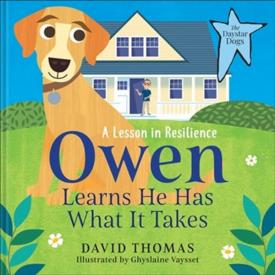
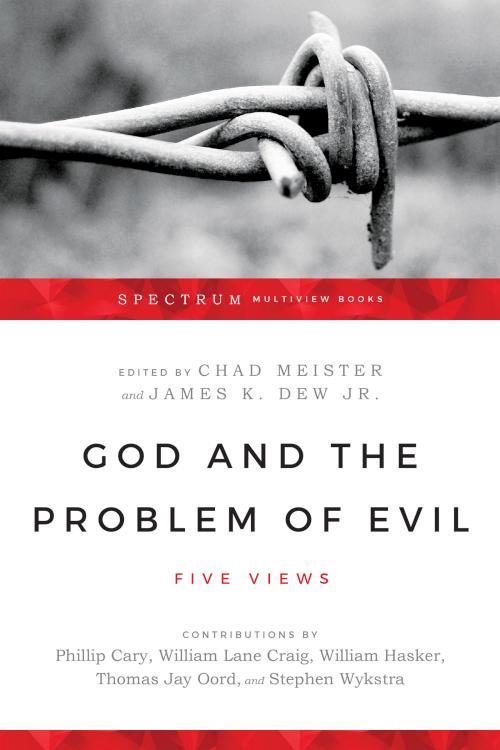
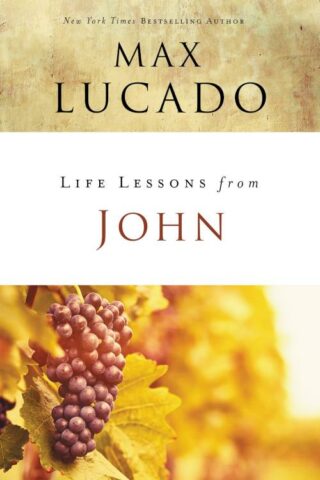
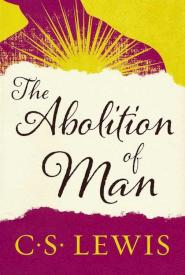

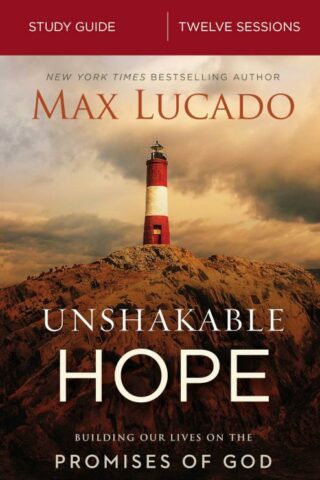





Reviews
There are no reviews yet.